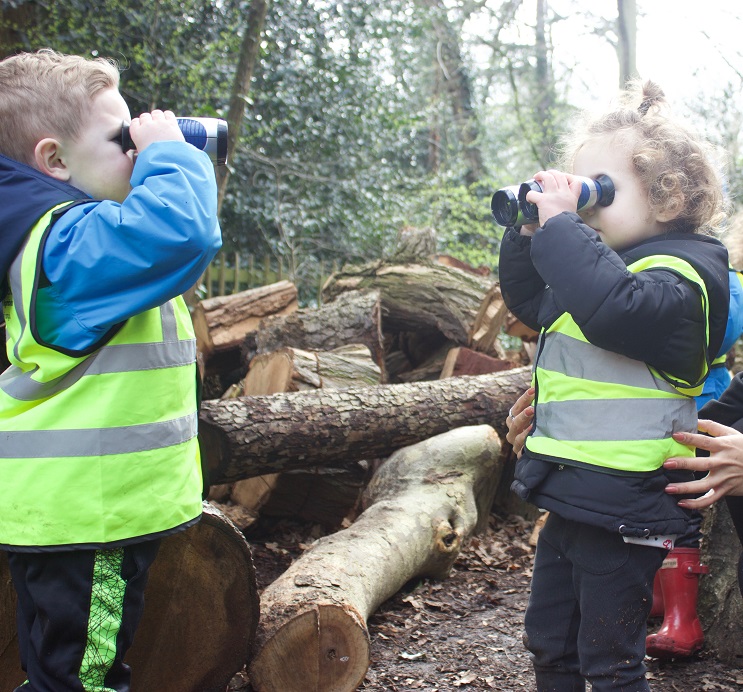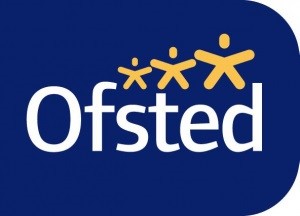
Walk into the Wild Side
I am constantly being asked about how we have responded to COVID-19. What are the problems, levels of anxieties, health and safety issues, business risks and leadership approach? Throughout, I…
November 18th 2019
What do we mean by multigenerational practice? Here at LEYF we are now very clear. It is how we ensure our nurseries are active community catalysts.
Ten years ago, when we started to think a lot about this, we chose to use the term multigenerational because we feared that the term intergenerational had become overly associated with a singular model; the elderly visiting schools and talking about the past. Important as that is, we wanted to engage with people of every age living in our local communities.
The importance of the community has been reflected in the Early Years curriculum since the introduction of the Desirable Learning Goals in 1996. It continues today as Knowledge and Understanding of the World (KUW). This was interpreted through two main strands understanding each other’s cultures and connecting with people who help us in the community.
We all remember those books produced to help us translate those concepts into practical ideas. Do you remember them? You could buy whole packs and never have to think. In those days, we thought they would tick the Ofsted box too. The one I always struggled with was Houses and Homes. I remember a lively conversation with a manager who said, I just can’t do anymore with Houses and Homes June, we have exhausted our repertoire. We are all bored to death. I think it was then I said, Let’s forget this, from now on we will focus on the children’s interests.
People Who Help Us was how the community element of KUW was translated. For many it became a set of staged visits, usually from the Police, Fire Fighters, Dentists and Guide Dogs There were many other groups whose visits which depended on who you knew working there, and how encouraged the team had been by the arrival of the Fire Fighters.
Although these visits were fun, they did not actually increase our knowledge of our community. It made me realise how we needed to deepen our place in the community. It struck me that we really needed to understand all the elements of the community.
So, we started with walking it and getting a real feel of what was available. Where could we run nature schools? Was there a little river or allotments nearby? What shops were tucked away off the High Street such as a framing shop who would give us their frame off cuts.
The next thing we thought about was who did we know within the nursery to broaden our knowledge. Grandparents and their friends were a great starting point. Remember not everyone is a grandparent. We organised grandparent teas and opportunities to visit and volunteer. They often had connections locally that opened new opportunities. It led to us getting to know people through the Women’s Institute, Rotary Clubs and local Elderly groups.
The power of this was brought alive to us at our recent Margaret Horn Debate on loneliness. Professor Norma Raynes, Director at From Generation to Generation was particularly convincing. In fact, the audience fell a little bit in love with her, especially when she reminded us that the stereotype pf the old being a burden can be turned on its head if they were put to good use! We connected with schools where staff children attended and supported Teens and Toddlers which then led to apprentices. We encouraged staff family members to do their work placements with us or to volunteer to get work experience.
Then we needed to think about how we could build on our social purpose, so we made friends with the local Big Issue seller, the local shopkeepers, the library, the local charities. Staff initiated friendships because of their own interests like fund raising for the local hospice, supporting groups like Compassionate Neighbours or creating a food bank.
What started to happen was that a hive of networks both inwards and outwards start to emerge and the connections are made. Then the words of Herman Melville begin to ring true:
We live in challenging times. Things are uncomfortable. The policies of austerity have done little to help people connect. We owe it to our children to understand their local community and to build a set of connections that will weave a stronger community in which they can grow up safely and happily. So, do as we do in LEYF, weave this community element into your pedagogy. Don’t keep it as an after thought or a special event. Our role as community connectors is never to be underestimated.

I am constantly being asked about how we have responded to COVID-19. What are the problems, levels of anxieties, health and safety issues, business risks and leadership approach? Throughout, I…

“Educating the mind without educating the heart is not an education at all” An invitation to the annual Margaret Horn Debate. Over ten years ago, we started the annual…

It’s the season of the OBC. They are being held in Bournemouth, Bolton, Guildford, Birmingham, Liverpool, Plymouth… and London is hosting its OBC on Thursday 11th October at Bain &…